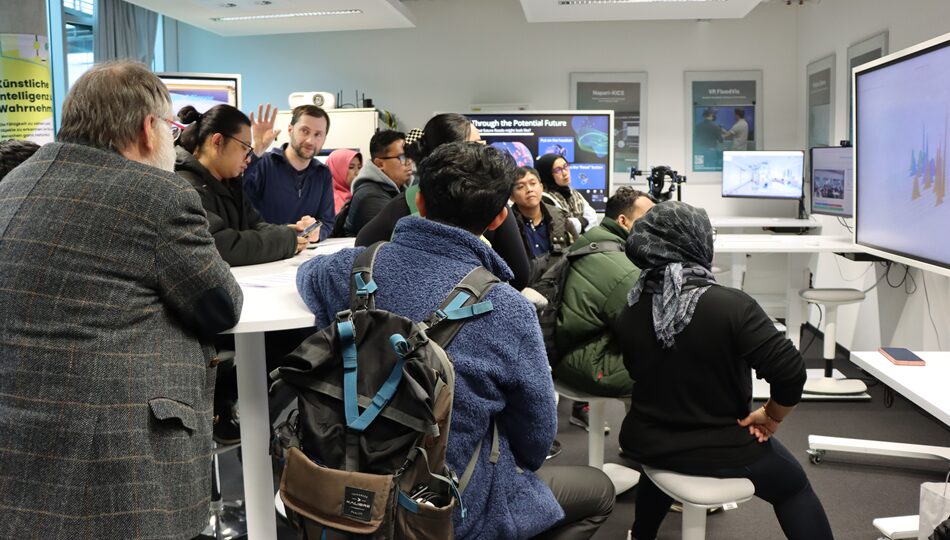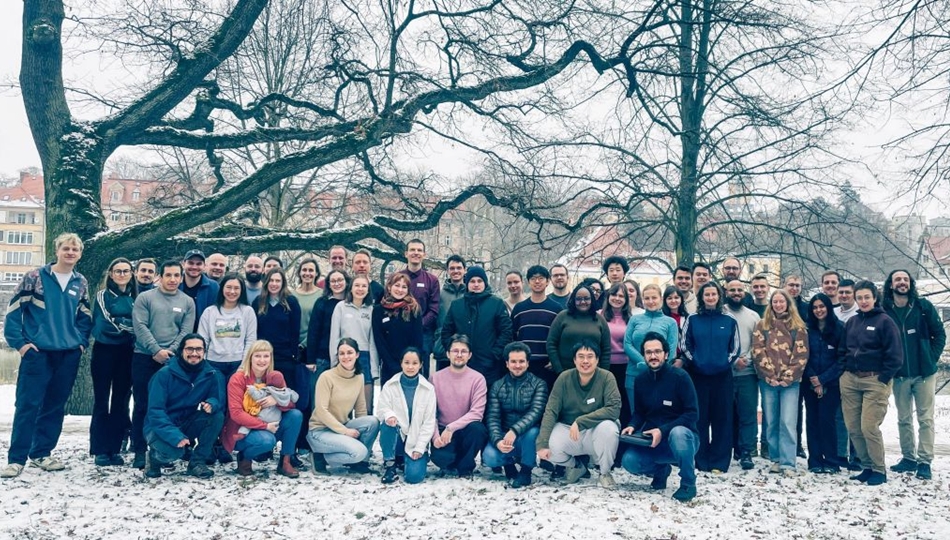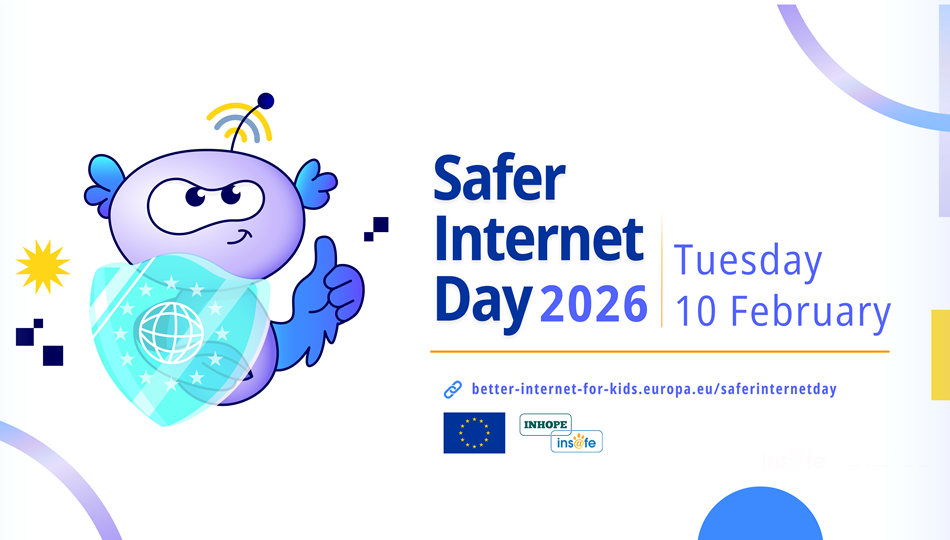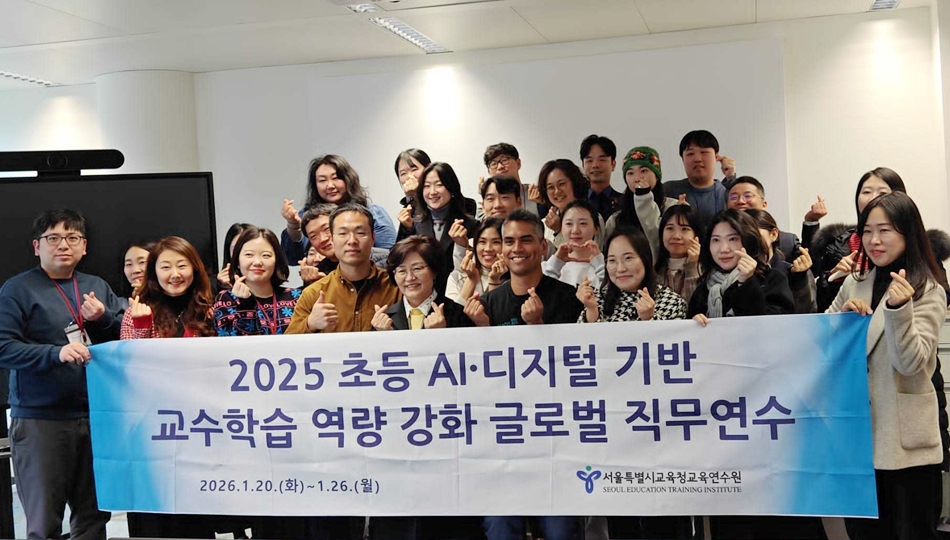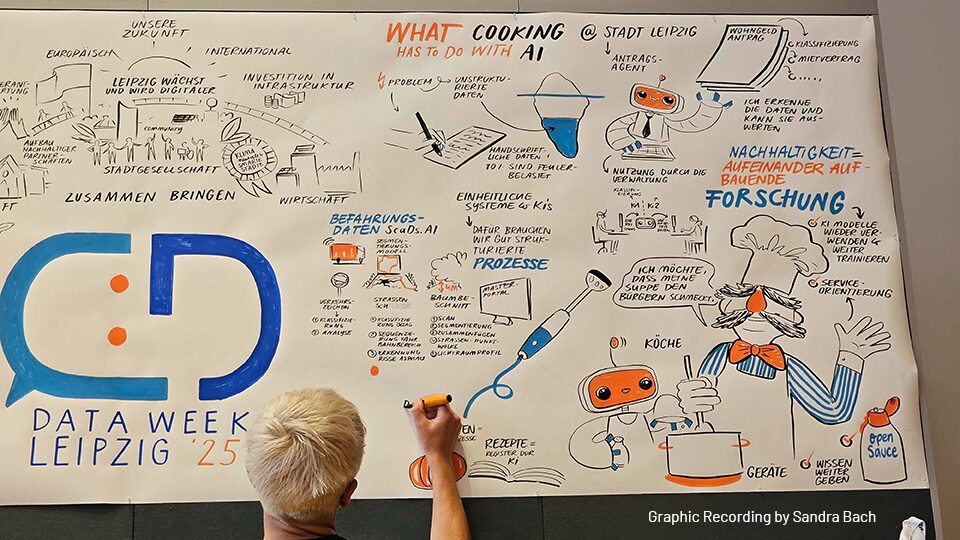
June 13, 2025
Data, Digitalisation, AI and Urban Development Challenges – Data Week Leipzig 2025

Data Week 2025 once again brought together IT enthusiasts and interested parties from research and industry. They met at the Leipzig City Hall to discuss the scientific, economic and social perspectives of data and its use. This year’s Data Week took place from June 10 to 13, 2025. It was coorganized by InFAI, eccenca and ScaDS.AI Dresden/Leipzig.
More than 30 workshops and training sessions, several exciting presentations, hackathons and side events promised a diverse program that focused on a different topic each day. The entire program can be found on the official Data Week website. ScaDS.AI Dresden/Leipzig was on site and represented with individual program items on all days of the event. It thus took the opportunity to position itself as a driving research institution focussing on Big Data and AI.
Kick-off event of Data Week 2025
The first day of the Data Week 2025 focused on the digital city of tomorrow. It was thematically dedicated to the aspects of AI, digital twins and urban analytics. After the opening notes the day started with a keynote from Prof. Dr. Miguel D. Mahecha (Leipzig University, Institute for Earth System Science and Remote Sensing). He is a member of the German Centre for Integrative Biodiversity Research (iDiv) and also a PI at ScaDS.AI Dresden/Leipzig. In his presentation “Environmental research in a data-rich age”, he discussed the possibility of using AI methods to close data gaps that arise involuntarily because important environmental parameters such as biodiversity, tree health, tree mortality or water quality are difficult to record. You can also listen to and watch the keynote again via the recorded stream (Start at 00:49:38).
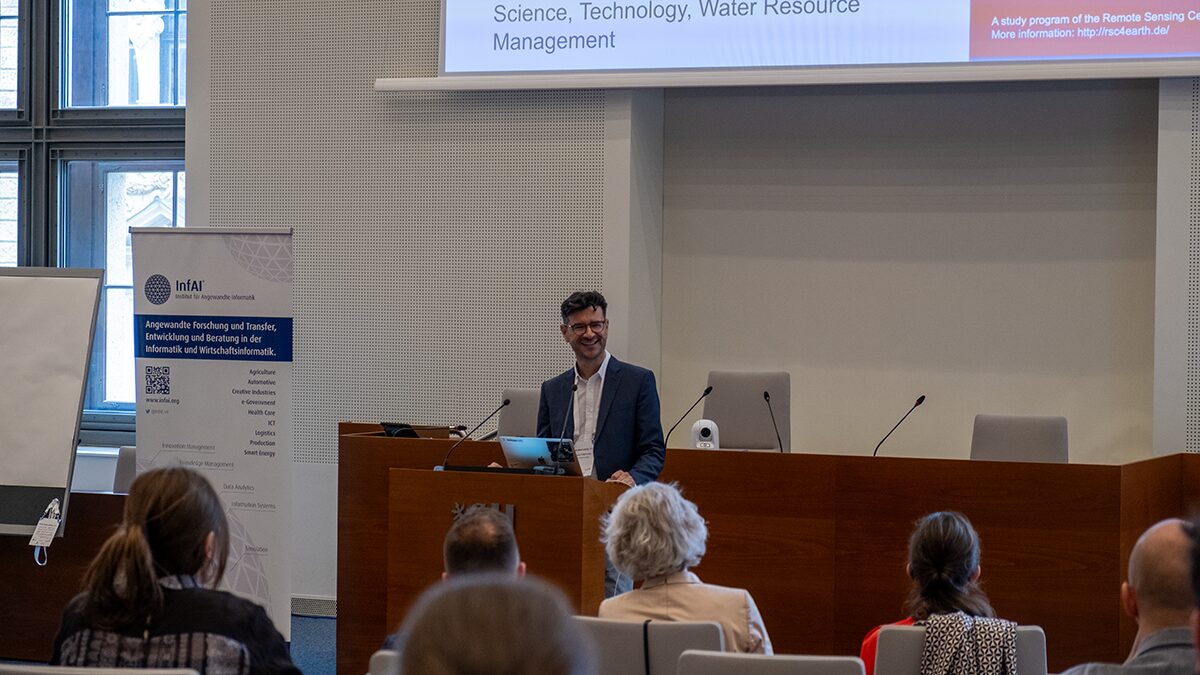
ScaDS.AI Meetup x Data Week 2025
The second day of the Data Week was all about digital administration and organization with practical use cases and solution ideas. In the evening of this day, a special version of the ScaDS.AI meetup took place in the city hall. Under the title: “Bringing AI into practice, but how?” the meetup invited SMEs and interested parties to a relaxed session with several presentations and demonstrators. After a warm welcome and some introductory words by Oliver Welz (Living Lab, ScaDS.AI Dresden/Leipzig), the meetup started with a presentation by Dr.-Ing. Sebastian Hellmann (InFAI). In his talk “Live Fusion and Seamless Integration – DBpedia Enterprise in action” he explained how DBpedia Enterprise – as an open data project – serves as a central hub that connects heterogeneous data sources such as Wikipedia, Wikidata and Linked Open Data.
This was followed by a presentation by Alexander Hoffmann (MaibornWolff GmbH) on “AI in practice: AI use cases that make life easier”. True to the title, he illustrated the use of AI in his company with vivid examples. They came from sectors like tourism (individual travel planning), insurance (processing of requests) and robotics (support for physically impaired people). Dr. Christopher Rost (Neo4j, Inc.) gave the last presentation of the evening: “Graph Databases for AI Applications – Use Cases with Neo4j”. He showed how organizations can use graph technology to analyze complex relationships, detect patterns and make informed decisions. The technology has practical applications in fraud detection, recommendation systems and knowledge management.
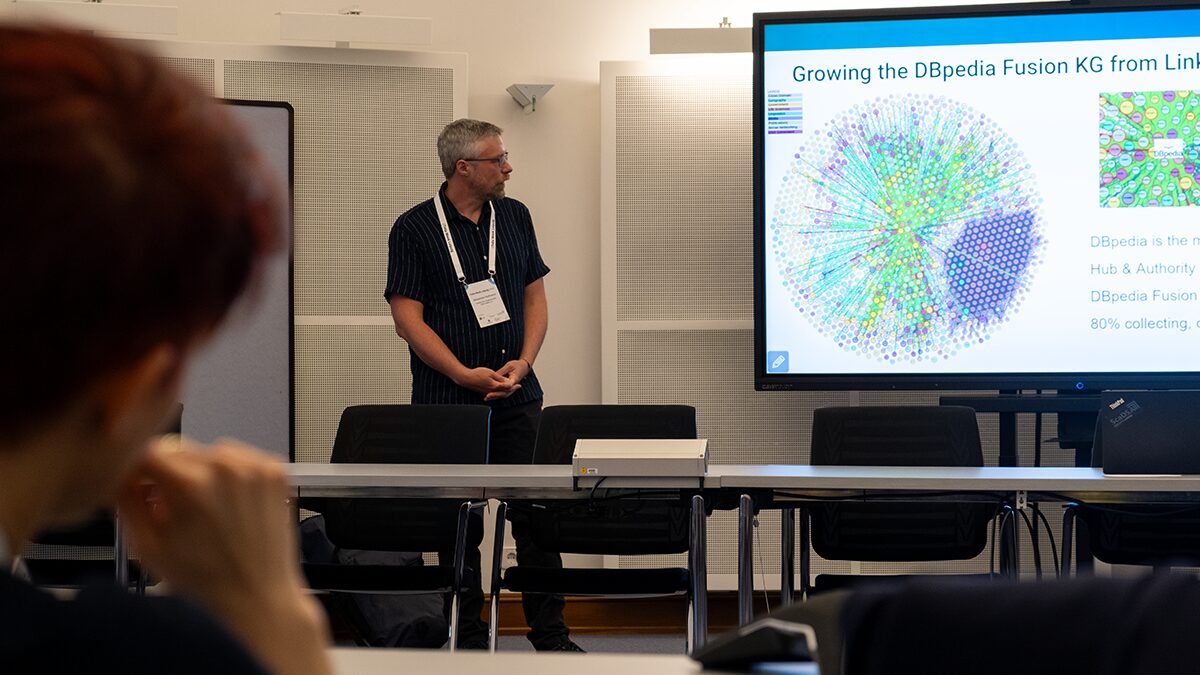
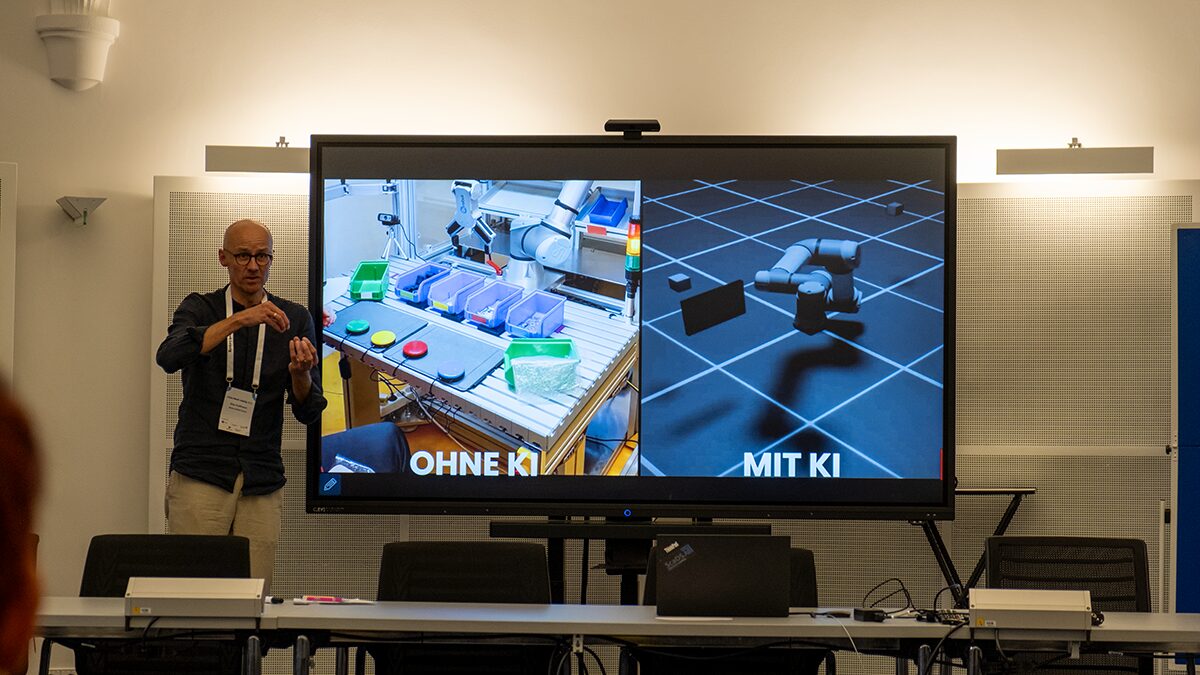
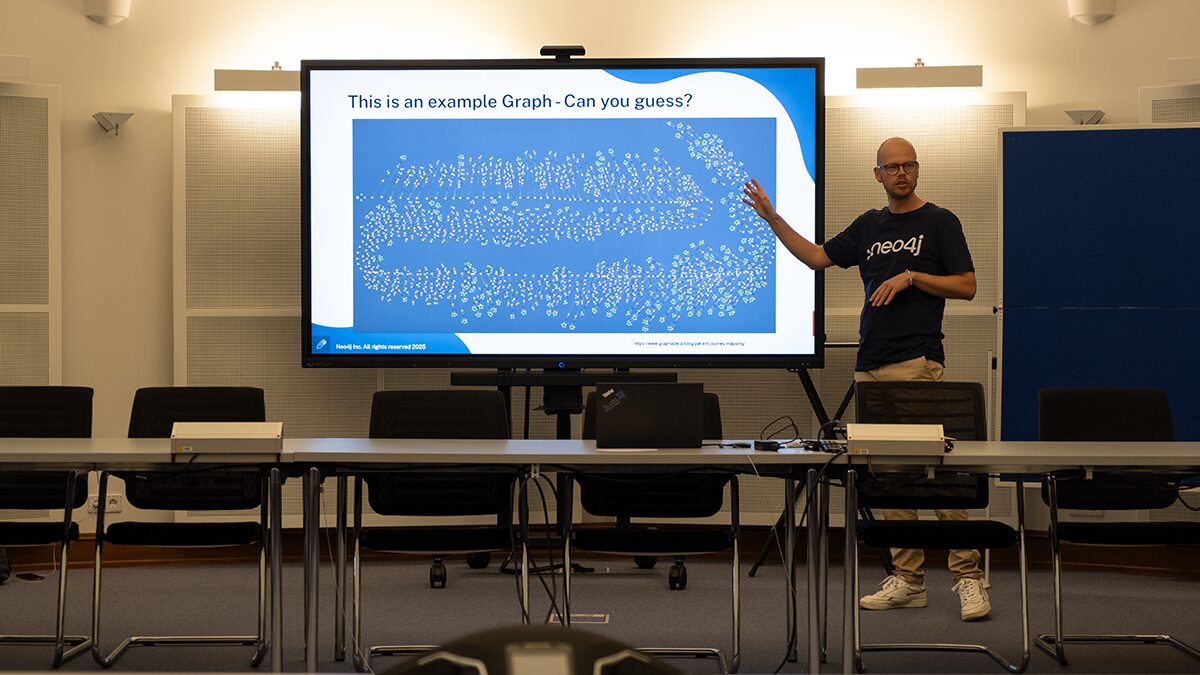
In the second part of the Meetup, its participants were able to interact with two live demos:
“See one, do one, teach one” is the motto of Pamemo. The AI-supported learning app enables practical and interactive education on a smartphone from the comfort of your own home. It is currently being used in Leipzig and Africa to train doctors – primarily on the topics of resuscitation and antibiotic therapy.
Unlike simple wrappers around AI models, Pamemo combines various technologies to provide reliable and verifiable content – even in sensitive areas of application.
Supported by SAB validation funding, Pamemo is open to cooperation with universities, educational institutions and partners who train and educate specialists.
Contact: Adrian Viehweger and Sebastian Driesnack.
alphaspeech voicebot was developed for applications where data protection, flexibility and domain-specific adaptability are paramount. Voicebots can be optimally adapted to the respective speech domain, the application context and specific usage requirements. The modular framework is based on open source technologies and in-house developments in the areas of speech recognition (ASR), natural language understanding (NLU), dialog management and speech synthesis (TTS). By dispensing with the integration of third-party services, voicebot can be operated completely on-premises or on-device. This means that the highest data protection and data security requirements can be met.
The dialog management supports different types of interaction – from clearly structured, rule-based dialogs and model-based slot filling to open conversations based on large language models (LLMs) and retrieval augmented generation (RAG). The solution can be flexibly integrated – e.g. on websites, in mobile applications or as a voice assistant for telephone hotlines. An animated avatar is optionally available, whose appearance and voice can be adapted to the target group or the corporate design of target applications.
Contact: Dr.-Ing. Felix Gräßer [Product Owner Speech Technologies, alpha NT GmbH]
The event ended on a relaxed note with an open exchange of ideas and the opportunity to network.
ScaDS.AI Workshops & Trainings
On thursday, a packed seminar room followed the presentation of Dr. Robert Haase (ScaDS.AI Dresden/Leipzig). In his workshop he explained “How generative artificial intelligence is changing work and study”. With an introduction to the topic of generative AI and the associated challenges and opportunities, he laid the foundation for the practical part that followed. His slides are publicly available in German on Zenodo: Wie Generative Künstliche Intelligenz Arbeit und Studium verändert.
On the last day of Data Week 2025, Matthias Täschner (ScaDS.AI Dresden/Leipzig) and Dr. Robert Haase offered a “DevOps Hands-on Training”. It was aimed at people with basic programming experience, that wanted to work in a more structured and collaborative way. So they gave employees in industry and administration the tools they needed to make development processes more efficient and professional. Have a look at their presentation – including the basics of modern software development – on Zenodo (also in German): DevOps Hands-on Training.
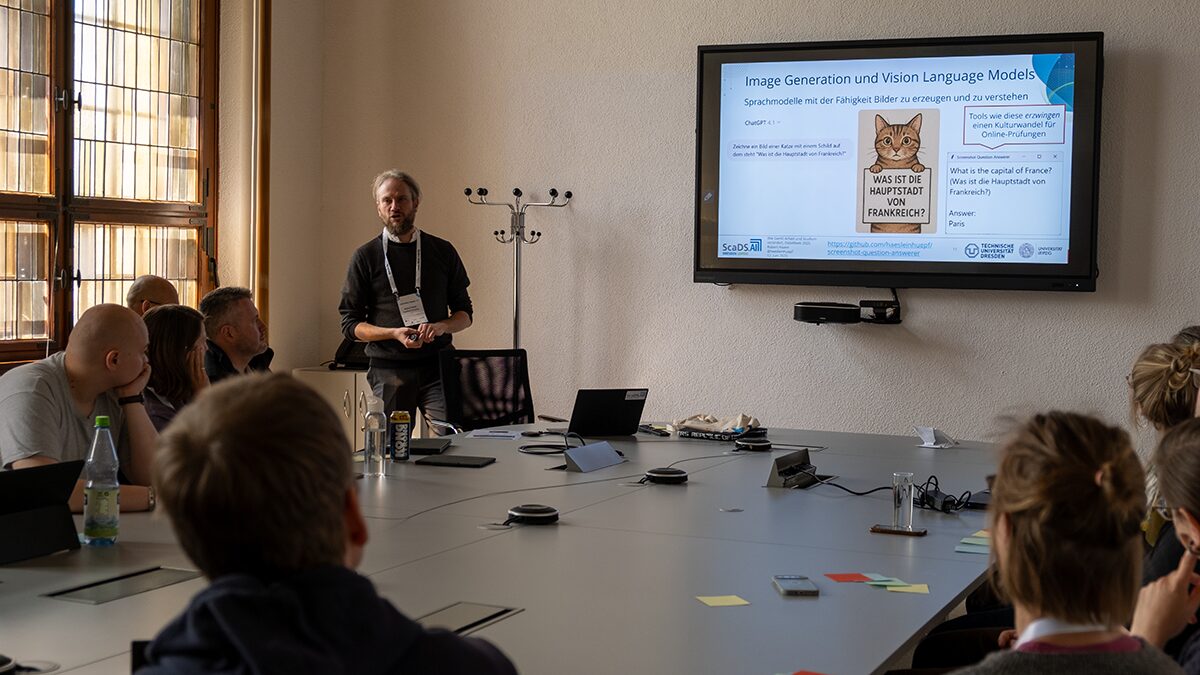
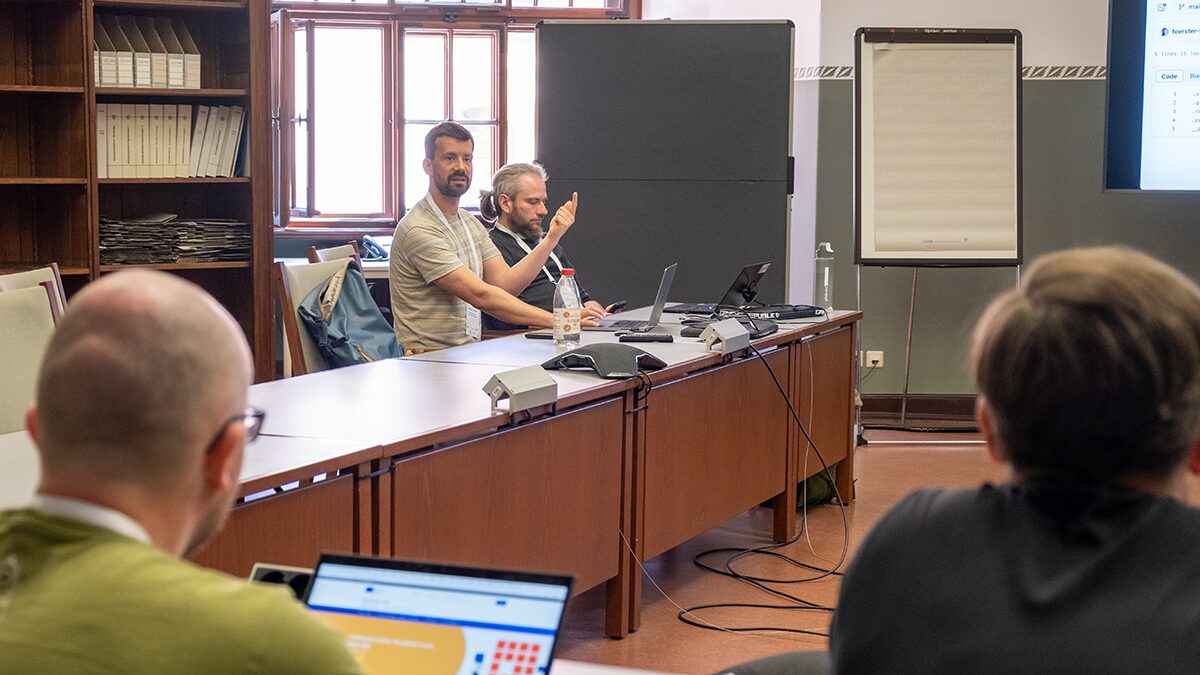
Project presentations
Throughout the entire Data Week 2025, ScaDS.AI Dreden/Leipzig ran a stand in the lobby of the town hall – accompanying other companies and organizations. It led to a lively exchange about the projects presented. The Smart City team was onsite on Tuesday, represented by Miriam Louise Carnot, Julia Friske and Jonas Kunze. They presented the ALLRIS Bot (a Chatbot that extracs information from the Genereal Council Information System (Allgemeines Ratsinformationssystem)) as well as a project on road damage and one on tree pruning, the necessity of which is evaluated using point clouds.
The Living Lab Leipzig took over on the following two days. It introduced Scaddy, the Living Labs very own chatbot as well as apps for handwriting recognition and sports analytics in professional handball. On Friday, Johannes Häfner (ScaDS.AI Dresden/Leipzig) demonstrated the robot dog that he is currently working with.
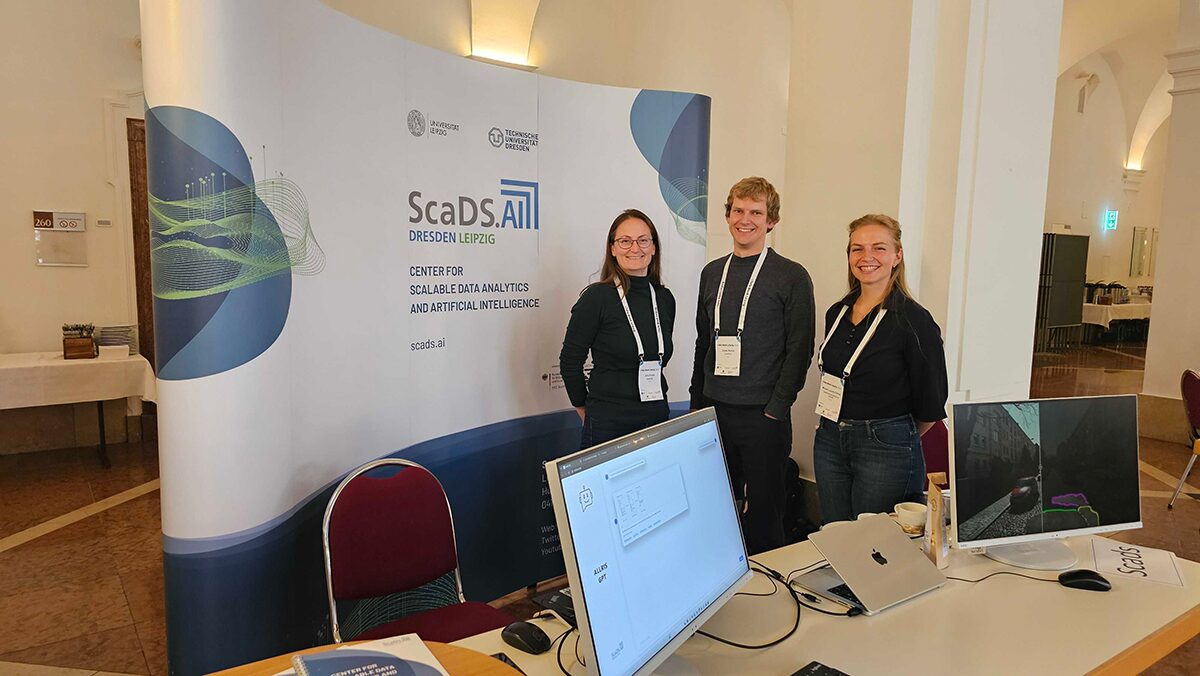
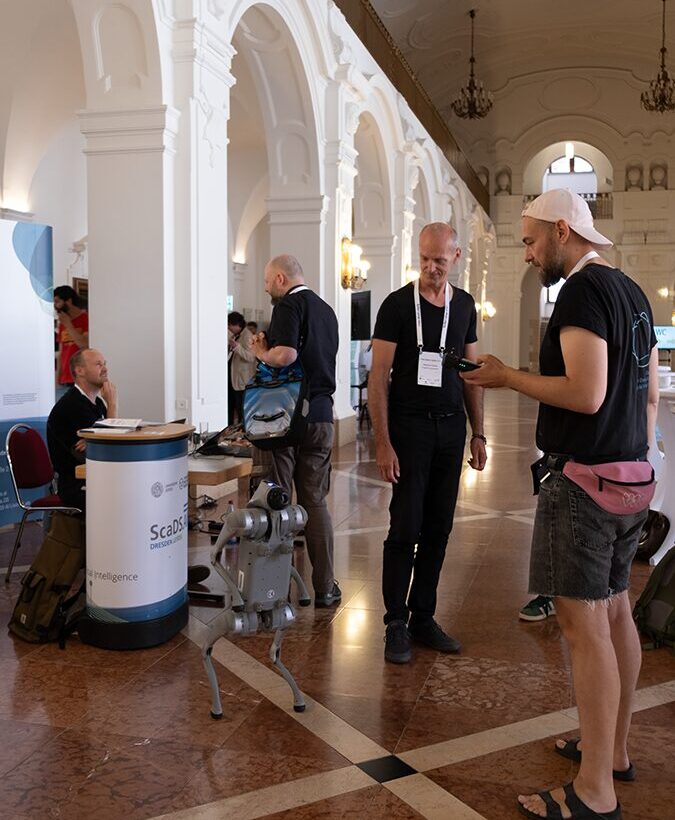
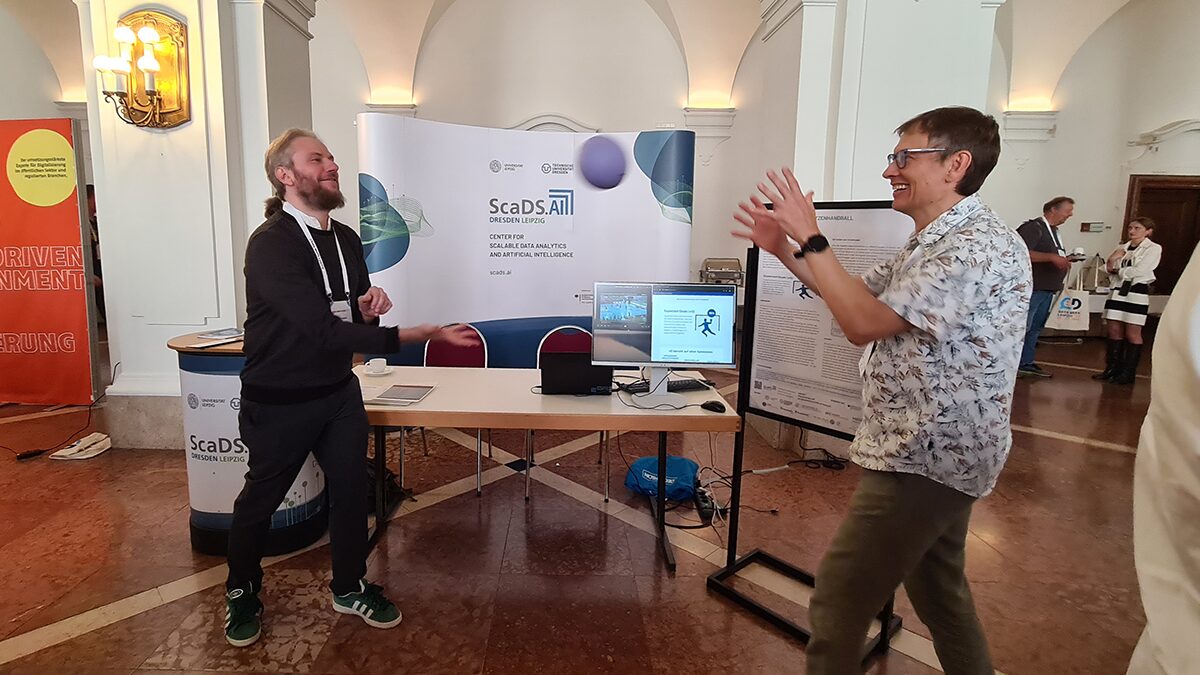
We are delighted that we were once again able to co-organize and shape such an exciting event and would like to thank everyone who contributed to its success. We are already looking forward to Data Week 2026.

